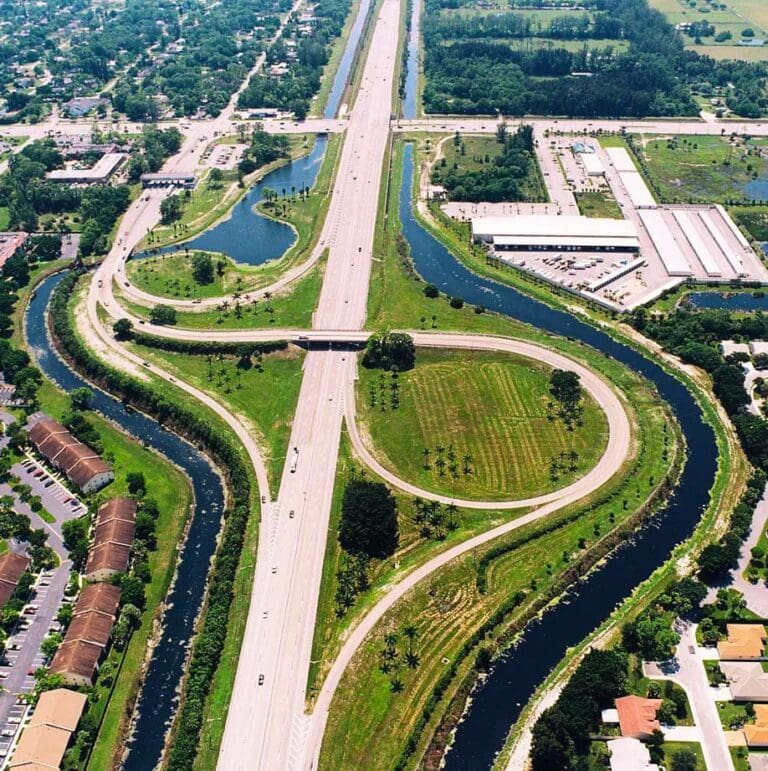When owners or property managers need restoration or maintenance on their structures, many are unsure of how to plan and implement repair work. The usual questions that arise include:
- How do I know what needs to be done?
- How do I prioritize the work when I do not have the funds to do everything at once?
- Is the cost of hiring an engineer to create bidding documents worth it?
- Can I contact my local repair contractor and just get the work done?
- Can any engineer or architect provide the services needed?
- How much of my time will be needed to oversee the repair work?
- And most importantly, what will it cost?
A restoration consultant can provide your facility an invaluable service, be it a parking structure, plaza, stadium, building enclosure, or any other structure exposed to the elements. We have specialized knowledge and experience that most architects and engineers do not possess and are a trusted resource for unbiased guidance. Restoration consultants are highly skilled in navigating the construction industry and work with owners and property managers to develop a solution that is truly in their best interests.
Role of the Restoration Consultant
The role of the restoration consultant is to collaborate with the owner, work to identify the problems, and develop cost-effective and durable solutions, and assist in the implementation of the repair and maintenance work. A good restoration consultant is able to guide the owner seamlessly through the restoration process’s various phases.
Condition Evaluations: Proper structure evaluation is essential in determining the extent and cause of deterioration, and developing an effective repair and maintenance plan. During this phase, restoration engineering specialists perform a field evaluation of the structure, noting types and quantities of deterioration. They then typically provide a written report with estimated construction costs. While it is tempting to skip this critical first step and communicate directly with contractors, there is no guarantee they have the technical knowledge to properly assess the deterioration’s true cause and propose a “fix” for the issue that addresses it. Objective restoration evaluations not only identify the deterioration’s root causes, but are also valuable in developing an overall capital repair and maintenance plan. For instance, we are often asked to prioritize needed repair and maintenance items over five- to 10-year periods. The benefits of an experienced and knowledgeable restoration consultant are:
- Recommending appropriate field and materials testing to determine the true cause of deterioration
- Developing repair approaches to properly address deterioration and meet the owner’s expectations
- Developing overall capital repair and maintenance plans
- Providing a prioritization of required repairs and developing recommended phasing programs
Design Documents: This step involves the creation of the drawings, details, and specifications that clearly communicate the scope of the restoration work. These documents are important for simple repairs, as well as more complicated structural and waterproofing repair projects. Clean and concise repair documents, containing details and materials specifications, are essential to obtaining competitive and responsive bids. The restoration consultant’s value includes:
- Developing repair approaches to address the deterioration’s root cause, and not just provide a fix
- Performing structural analysis and specialty detailing
- Selecting the appropriate materials and methods for a durable repair
Bidding/Negotiation: The bidding step includes the distribution of construction documents to contractors, answering questions about scope, and receiving and analyzing bids from qualified restoration contractors. The involvement of the restoration consultant results in a successful project by:
- Assuring the project is bid competitively to control project costs
- Assisting in identifying qualified contractors with applicable expertise in the specific repair approach
- Evaluating the bids to assure the contractors understood the scope and provided a qualified bid
Construction: Any restoration plan requires follow-up by the design professional during construction to help ensure that the contractor performs the work in accordance with the construction documents. This effort includes preconstruction and progress meetings, product submittal review, on-site reviews, answering of contractor questions, issuing change orders, and verification of repair quantities for payment. The restoration consultant will:
- Ensure that the work is properly performed in general accordance with the project details and specifications
- Monitor contractor compliance with material requirements, repair procedures, equipment use, and construction load-restrictions
- Respond to unexpected changes encountered in the field
- Require appropriate project closeout with record drawings and warranty submittals
Maintenance: A plan for ongoing routine and preventative maintenance is essential to maximizing the remaining service life of an existing structure. Proper maintenance is important both for newer structures and older ones that were recently repaired. Many products utilized in the restoration of existing facilities have limited life under expected use, and properly maintaining these systems are vital for the long-term performance and protection.
- Address continued deterioration at an early stage to avoid more costly repairs
- Assist in enforcing warranty repairs to installing waterproofing and protection systems
Owners are strongly encouraged to utilize the specialty knowledge and experience of a restoration consultant to provide guidance through their facilities’ restoration process. Not doing so could result in their structure’s problems being improperly addressed or overlooked, leading to much more severe future deterioration and more costly repairs.

















